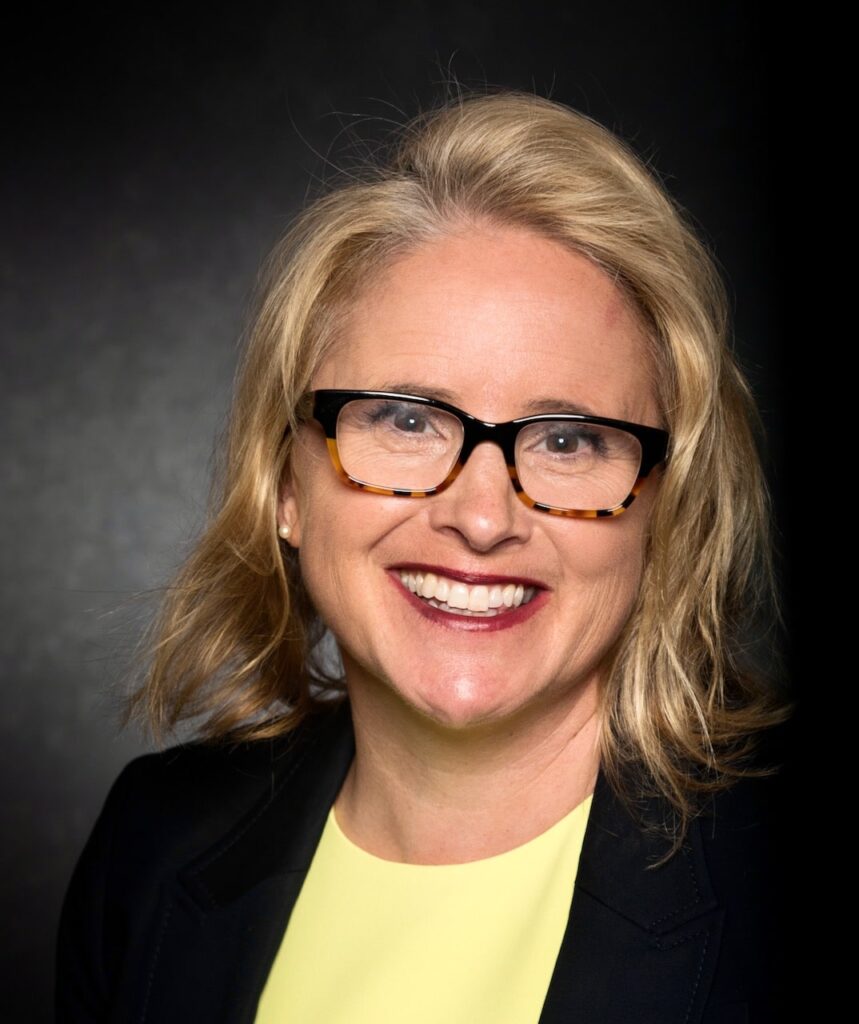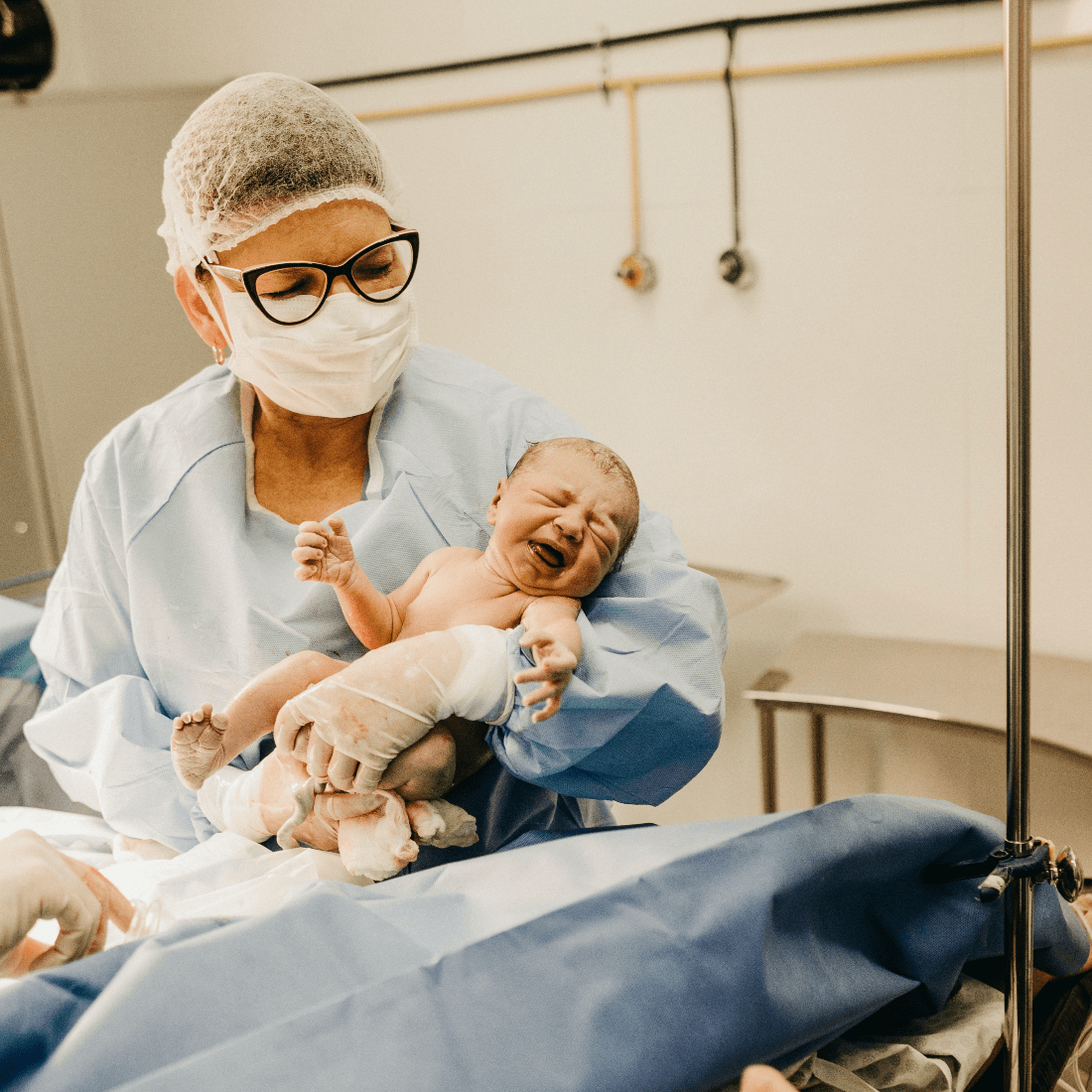The past two years have been a turning point for investment in FemTech, as Frost and Sullivan estimated the healthtech category would become a $50 billion industry by 2025. Whilst the past two years have seen an increase in investments, FemTech receives only 10% of investor money and only 4% of funding for research and development.
The FemTech sector is prime for funding with so many opportunities, so what do you need to know before investing? We asked two medical experts, and Startup advisors, what investors should be looking for when selecting a FemTech Startup to invest in.
Positive Signs for Investment
Problem Selection
The first point to evaluate is whether the company idea really sets out to solve a problem.
As Dr. Stephanie KuKu, who sits on a Healthcare investment committee, says have the company understood the “real (not perceived) women’s health needs”?
For Dr. Jane Van Dis, this perceived understanding is often shown when “a product or concept reinforces harmful stereotypes or has predatory marketing behavior that capitalizes on misogynistic views or infantilizes women and/or girls.”
Product
If the problem has been understood clearly, then what does the product look like?
Dr. Stephanie KuKu, says investors should be looking for a product that truly understands its “outcomes, outputs and user experience”. If a Startup is able to show this in their pitch, it usually means they have understood their problem clearly.
Dr. Stephanie KuKu also advises that investors should shy away from products in ‘over-saturated areas which offer no new solutions to problems, have no IP, nor offer scalability.” Dr. Jane offers the example of fertility hormone testing, a competitive market in which many products already exist.
Similarly, Dr. Jane Van Dis agrees with the importance of scalability, but warns investors should also be wary of products that offer “a great idea with too many operational hurdles”. For Dr. Jane, this can be a huge investment red flag.
Validity
If the first two points have the green light, then what is the scientific and clinical evidence for the product?
For both Dr. Jane Van Dis and Dr. Stephanie KuKu, good investment opportunities were companies that could outline their product’s “scientific validity or necessity”.
For Dr. Stephanie, the “team’s approach to validation” was a key indicator of whether the company was viable. She highlighted that companies that understood the need for “scientific and clinical partnerships, or potential partnerships” were best placed for investment.
For Dr. Jane Van Dis, this lack of scientific validity was often seen in “businesses that depend on interactions and conflicts with service providers in women’s health”. She warned investors away from companies with this ethos.
Founder Team
An often underappreciated feature of a startup but an important part nevertheless is the team in which you are investing into.
For Dr. Jane Van Dis, investors should take caution when investing in FemTech companies “whose founders don’t have women on their executive or advisory team”. This point comes back to understanding the problem and product, as female team members can often flag issues those non-female staff members may not see.
Dr. Jane Van Dis went onto say that “a founder team that understands its competitive landscape and is dedicated to the mission of improving womens’ lives” would always be a sure bet investment.
Want more insights on investments in FemTech? Sign up for our newsletter!
This article was written with contributions from:

Dr Jane Van Dis is a Board Certified ObGyn in the US, working clinically as an OB Hospitalist. She is CEO of Equity Quotient, and Co-Founder of OB Best Practice. Currently, she advises 4 start ups and is the Medical Director at Mavenclinic, alongside acting as an advisor at FemTechLab as well as at Portfolia Ventures.

Dr Stephanie Kuku is a Senior Advisor to WHO Digital Health and Innovation and Senior Consultant at Hardian Health where she helps companies go to market. She is also an Angel Investor in FemTech and Scientific Advisor to FemTech startups.







